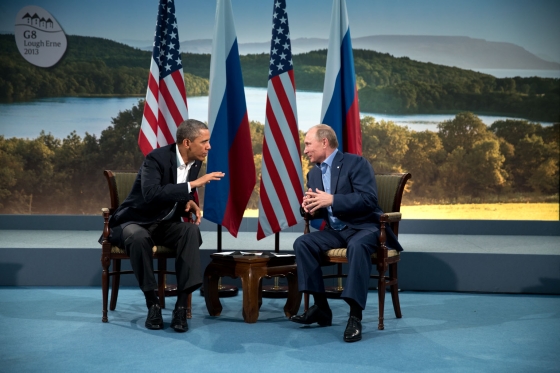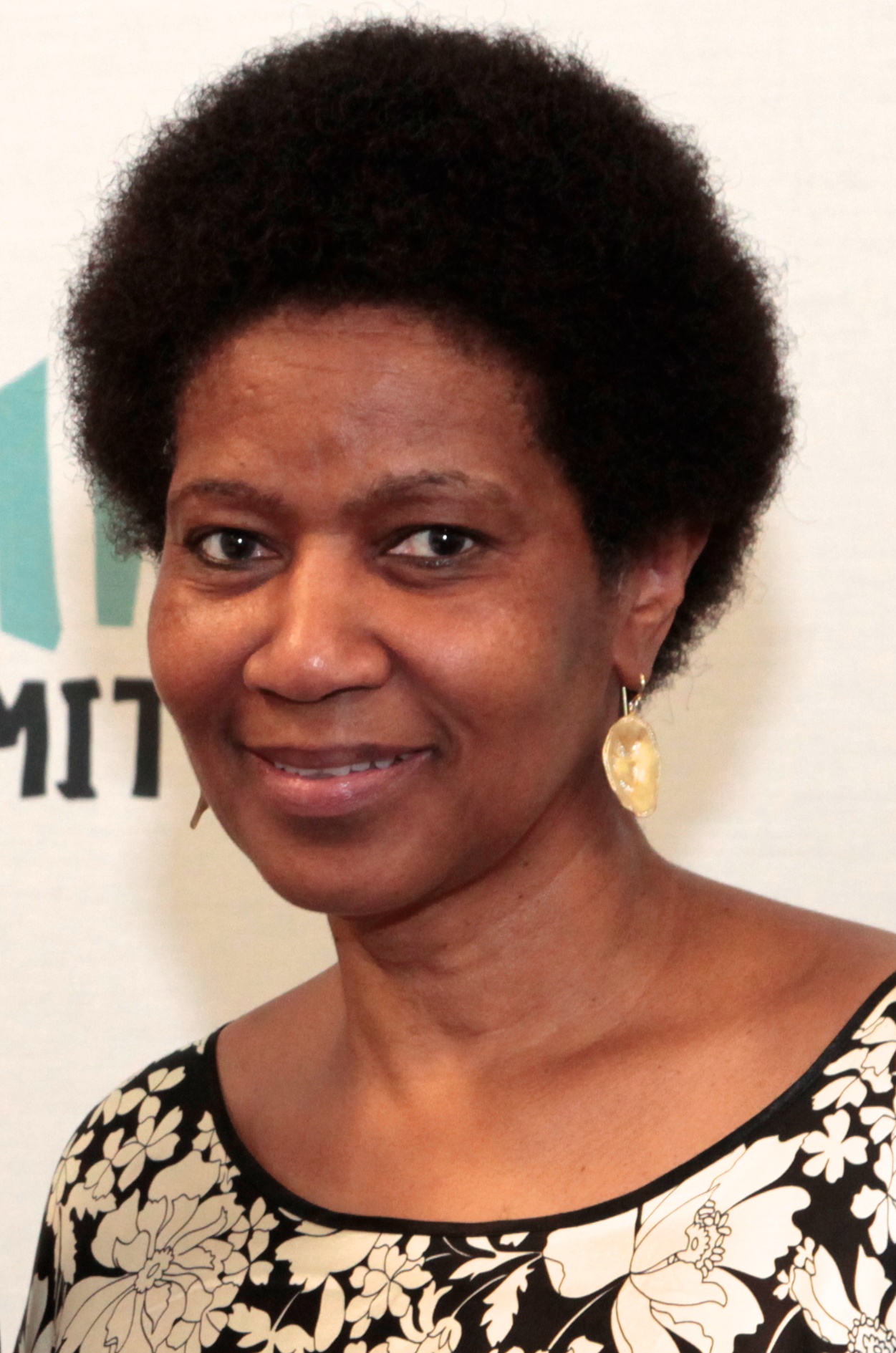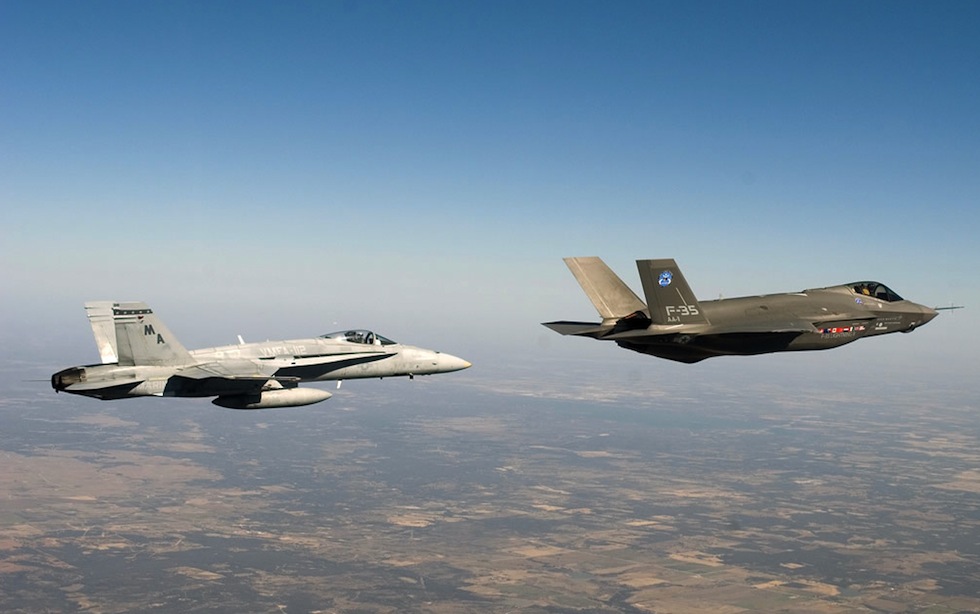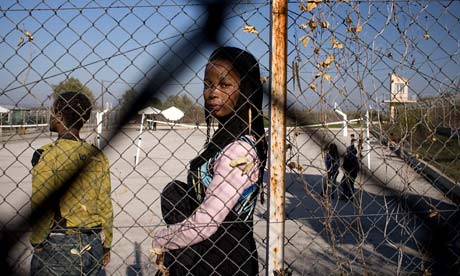In 1946, Winston Churchill famously spoke of an “Iron Curtain” that had divided the European continent along ideological lines. In the four decades following Churchill’s warning, this curtain gave way to a Cold War between competing American- and Soviet-led alliances. Today, it seems the proverbial Iron Curtain that vanished years ago has been replaced by a collection of smoke and mirrors along the Russian border, which has contributed to a rapid deterioration in relations between the Kremlin and the West.
This relationship has reached its lowest point since the toppling of the Berlin Wall. Tensions began to mount in early 2014, when Russia annexed Crimea. Since then, Russia has supplied intelligence, materiel, and troops to separatist forces in Eastern Ukraine, and has undertaken provocative air and naval actions against Estonia, Latvia, and Lithuania. Adhering to its commitment to protect fellow NATO members, the U.S. has responded with various initiatives to deter Russian adventurism in the region.
The Kremlin considers any Western involvement in Ukraine to be threatening, and has issued several statements promising to expand its nuclear program. Most recently, Russian President Vladimir Putin announced a plan to purchase 40 new nuclear-armed intercontinental ballistic missiles this year. These ambiguous, increasingly aggressive statements have unnerved NATO. As a result, Russia has incurred harsh economic sanctions from America and the EU, while NATO has taken steps to revise its nuclear weapons strategy and establish a command centre in Poland.
Russia’s threatening rhetoric may simply be a tactic to intimidate its neighbours and achieve an effective veto over their foreign policy decisions on the cheap. For even as the Kremlin boasts of its nuclear arsenal, the country has fallen on tough times. Russia’s economy has been performing poorly, and regional allies are few and far between. To mask this vulnerability, Putin has chosen to project an impression of nuclear and political prowess in order to deter what it sees as Western encroachment in its sphere of influence.
Russia’s intentions remain unknown. Senior officials’ repeated reference to the country’s nuclear plans and the absence of clear intelligence on this matter has stirred anxiety in the West. Indeed, Western leaders have demonstrated their concern through various actions. Britain has invested £750,000 in a counter-propaganda unit run by NATO, while the U.S. is in the process of researching the validity of Russia’s nuclear claims. As the West takes measures to protect itself from Russia’s sabre-rattling, the Kremlin is cast further aside from the diplomatic arena and left to continue developing methods to emphasize its political clout.
Russia and Western states have partaken in a veritable tit-for-tat game built on worst-case assumptions and distrust. The more Putin declares vague threats to use and acquire nuclear weapons, the more NATO assesses its preparedness for a potential nuclear assault and attempts to gather information on Russia’s true intentions. As the Kremlin feels increasingly isolated by the West’s defensive actions, it responds with initiatives to boost its own security and unnerve its adversaries, whom, in turn, interpret this as hostile behaviour.
The resultant security dilemma bears an eerie resemblance to the tense standoff of the Cold War. Each side assumes the other has the worst of intentions, yet cannot be sure of their capacity or what will spur them to strike.
As Russia and the West jockey for leverage, one can only hope that heated rhetoric will continue to be the primary weapon used in this quarrel.




